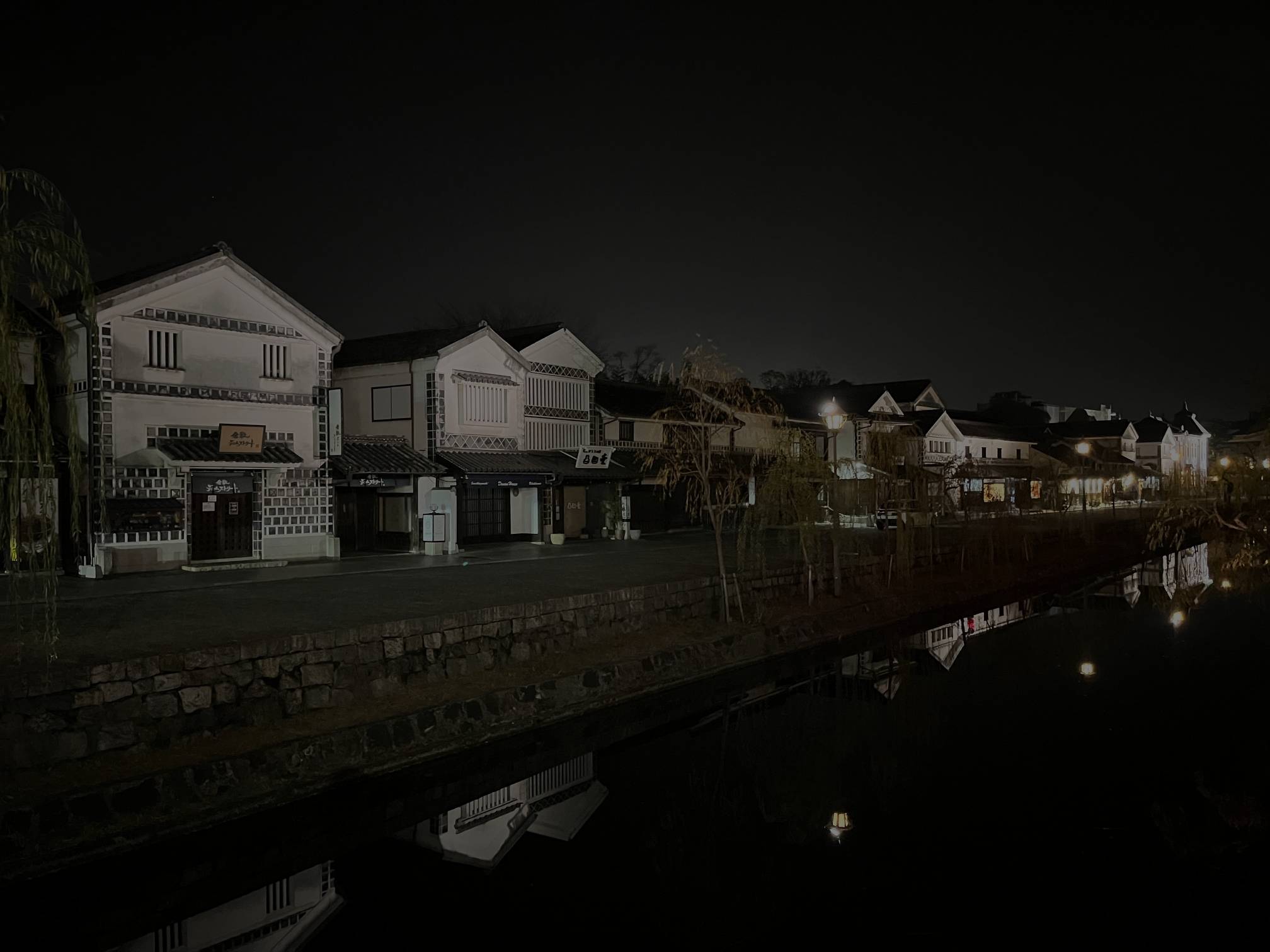Empowering Architectural Uniqueness Globally
Four Core Services
Architecture Design
Machiya, Kominka, Ryokan, Residential and Commercial buildings redsign or new build
Architecture Tours
Immersive Architectural Tours across Japan, China or other parts of Asia
Crafting Authentic Spaces: Where Cultures Converse
Machiya and Kominka: the Gems of Japan
Beyond the neon glow of modern cities, the soul of Japan beats in its historic dwellings. Machiya townhouses and Kominka farmhouses, whispering tales of centuries past, offer a glimpse into traditional architecture and craftsmanship. However, navigating the complexities of owning and renovating these treasures can be daunting, especially for non-natives and investors. At Archiculture Design, we bridge the gap, not just with expertise, but with a deep reverence for these cultural icons.
Why are they precious and valuable?
The soul of Japanese architecture lies not just in timber and tile, but in the intimate embrace of nature and community embodied by Machiya and Kominka. These historic dwellings whisper tales of tradition, shaping harmonious streetscapes and fostering the vibrant cultural heartbeat of cities like Kyoto.
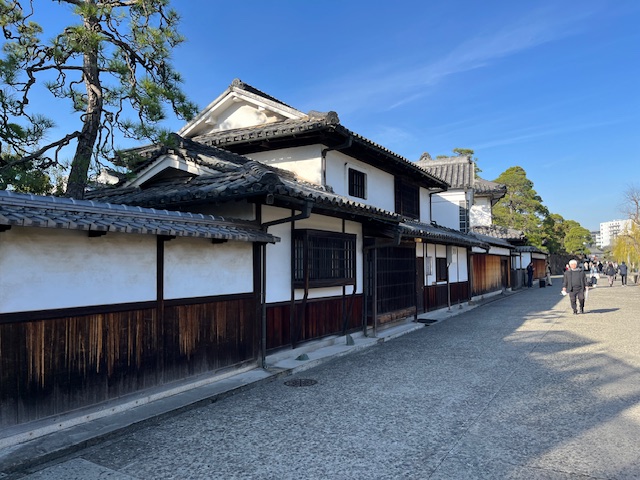
1. Irreplacable Legacy
Built before strict building regulations, these pre-1950 houses boast unique layouts, intricate woodwork, and natural materials like tatami mats and exposed beams. Each element reflects the harmony between nature and living, a philosophy rarely found in modern structures.
2. Unreplicable Charm
Current zoning and building codes make replicating these architectural styles near impossible. Owning a Machiya or Kominka grants you a piece of irreplaceable history, a tangible connection to Japan’s cultural past.
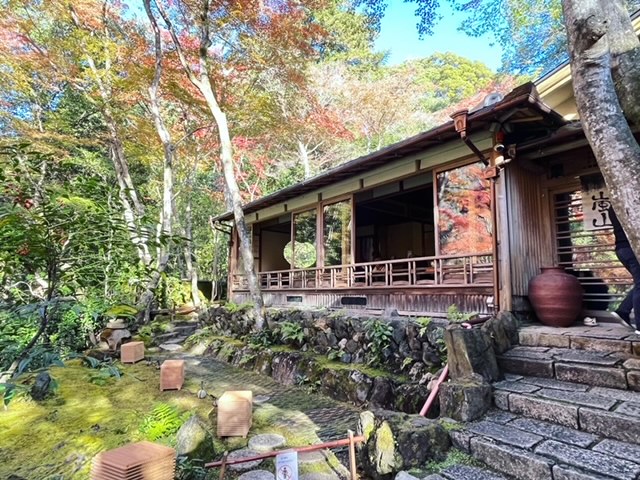
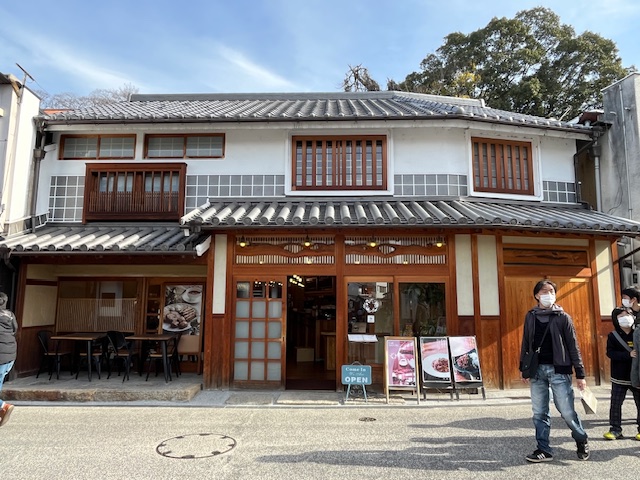
3. Investment Potentials
Their scarcity and enduring appeal make them valuable assets. These properties often appreciate in value, offering strong returns for investors or becoming cherished family heirlooms.
How can you help with renovation?
We understand the delicate balance between preserving heritage and adapting to modern lifestyles. We offer comprehensive renovation services tailored to each property’s unique character:
1. Respectful Modernisation
We seamlessly integrate modern amenities like insulation, plumbing, and electricity while upholding the traditional aesthetic.
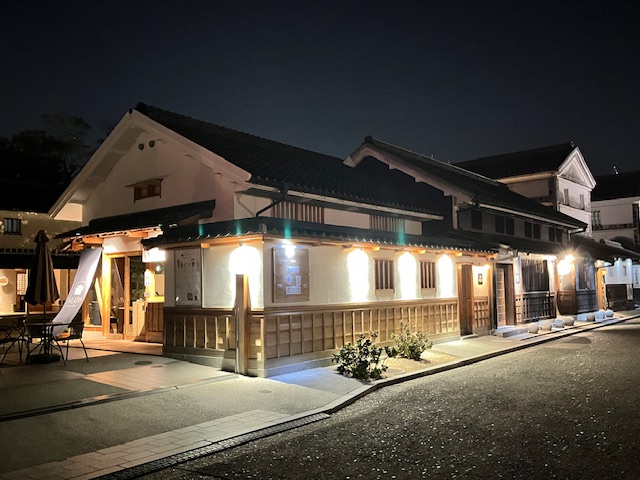
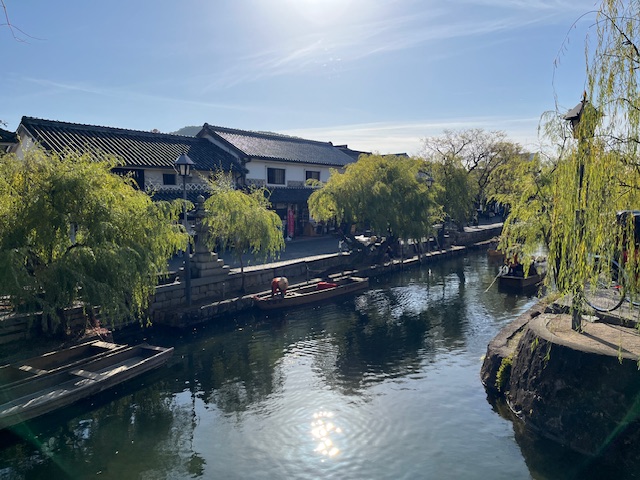
2. Sustainability at Heart
We prioritize eco-friendly solutions, utilizing traditional techniques and local materials to minimize environmental impact.
3. Collaborative Design
We involve you every step of the way, ensuring your vision blends seamlessly with the property’s historical narrative.

Modern Upgrades for Historic Architecture
While Archiculture Design holds a deep reverence for the timeless charm of Machiya and Kominka, we understand the realities of the modern world. These historic treasures are limited in number and may come with structural, fire safety, or accessibility considerations. Our expertise goes beyond preservation; we believe in infusing the essence of Japanese culture into any architectural canvas, new or existing.
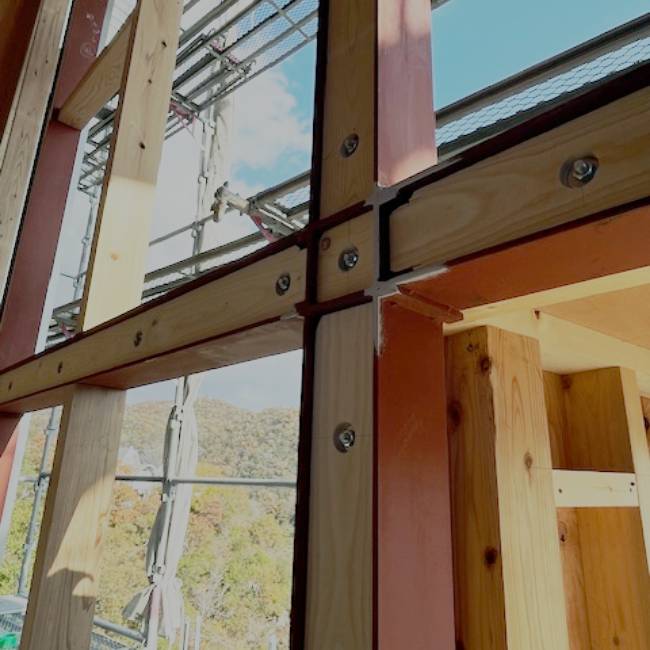
1. Structural Reinforcement
Our team, versed in earthquake-resistant design and retrofitting techniques, can strengthen your Machiya or Kominka while honoring its heritage.
2. Fire Safety Enhancements
We seamlessly integrate modern fire protection systems without compromising the traditional aesthetic.


3. Accessibilities Solutions
Whether it’s incorporating ramps or elevators, we create inclusive spaces that respect the historic character.

Cultural and Aesthetic Value
Owning a Machiya or Kominka is more than just acquiring a house; it’s embracing a way of life. You become part of a community steeped in tradition, where neighbors greet each other on narrow lanes and festivals spill out onto cobblestone streets. These houses embody the essence of “wabi-sabi,” the Japanese appreciation for imperfect beauty and the passage of time.
Prime Examples of Japanese Culture
Throughout Japan, numerous Machiya and Kominka showcase regional diversity and architectural ingenuity. Kyoto’s Gion district pulsates with the charm of well-preserved Machiya, while the Japanese Alps cradle centuries-old Kominka nestled amidst breathtaking landscapes. Explore these gems, and you’ll discover the soul of Japan in every lovingly carved beam and weathered corner.
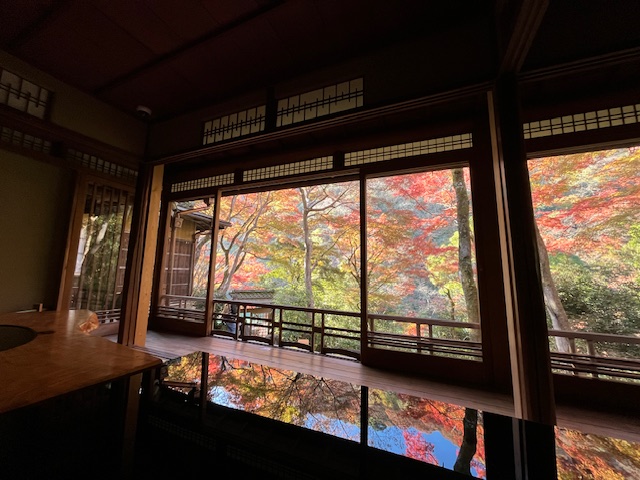
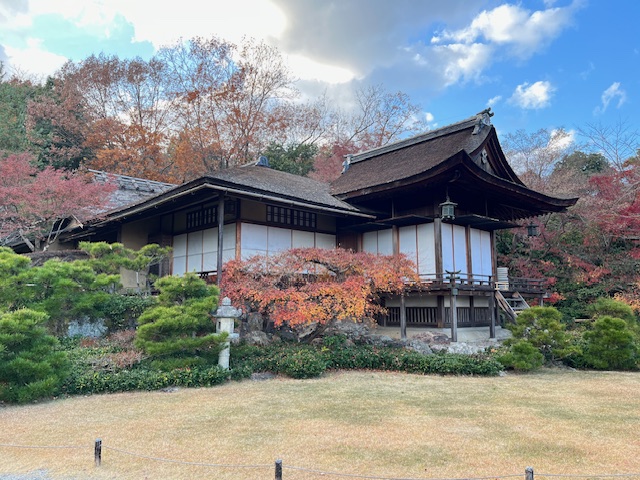
Preserving the Past, Shaping the Future
Machiya and Kominka are not merely houses; they are living time capsules, whispering tales of generations past. Preserving these cultural treasures isn’t just about protecting architectural legacies; it’s about safeguarding the stories, the craftsmanship, and the very essence of a nation’s heritage. By breathing new life into these historic dwellings, we ensure that future generations can experience the authentic soul of Japan, learn from its wisdom, and continue weaving its cultural tapestry into the fabric of time.
Weaving the Threads of Community
Machiya and Kominka aren’t isolated structures; they are threads woven into the vibrant tapestry of Japanese communities. Their open layouts, shared pathways, and close proximity foster a sense of belonging and togetherness. Neighbors greet each other across narrow laneways, children play in communal courtyards, and traditions are shared under the same roofs. These historic gems are not just living spaces; they are the beating heart of community, reminding us that true connection begins when walls dissolve and shared experiences blossom.
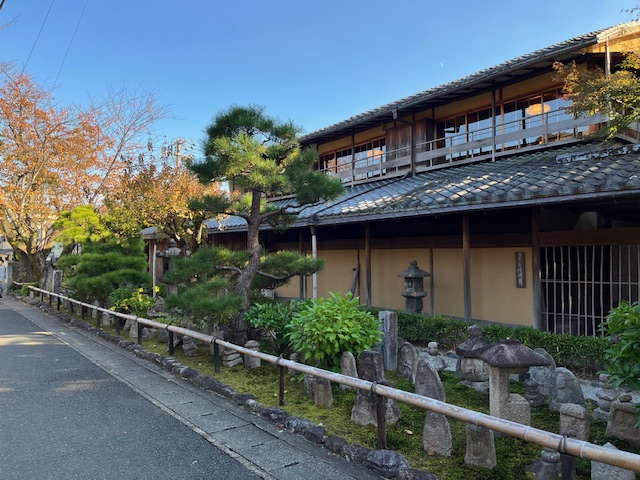
Breathing Japanese Spirit into New Buildings
Beyond replicating architectural relics, ArchiCulture Design orchestrates a captivating dialogue between contemporary lines and the enduring spirit of Japanese culture. In existing buildings, we subtly weave traditional elements like hidden tatami nooks or light-infused gardens, seamlessly blending the past with the present. For new structures, we don’t mimic, we reinterpret. Regional architectural whispers inspire minimalist forms, natural materials dance with modern finishes, and the harmony of nature becomes a guiding principle. Whether you’re reimagining a treasured space or crafting a new sanctuary, Archiculture Design ensures your architectural journey resonates with the timeless elegance of Japan.
1. Traditional Meets Modern
We’ll translate your love for Japanese aesthetics into contemporary designs, using natural materials, tatami mats, shoji screens, and light-filled spaces to create a serene haven.
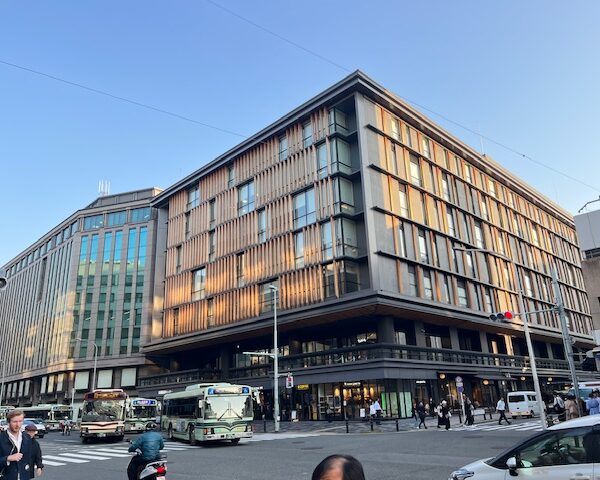
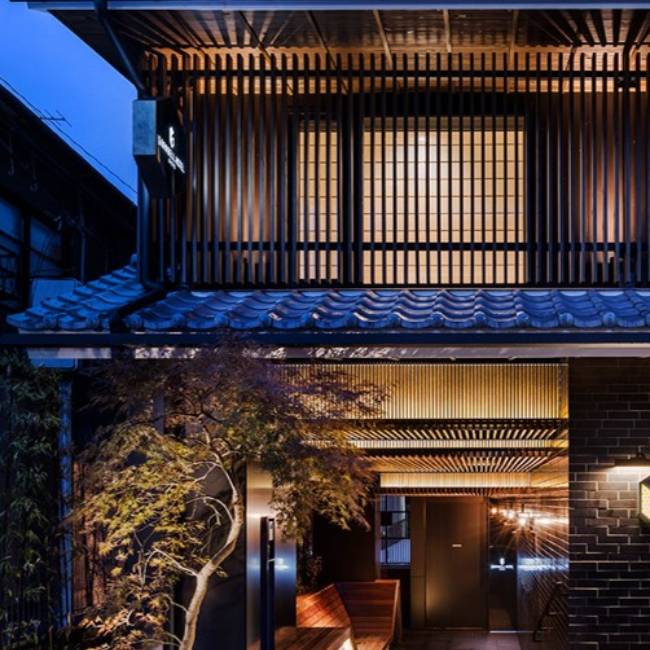
2. Hidden Gems in New Builds
Even in modern structures, we can incorporate subtle elements like a Zen garden, a hidden tea room, or a tatami study nook, infusing traditional charm into your everyday life.
3. Respectful Reimagination
We believe in adapting, not replicating. We draw inspiration from regional architectural styles and reinterpret them within the context of modern living, creating unique spaces that resonate with Japanese sensibilities.
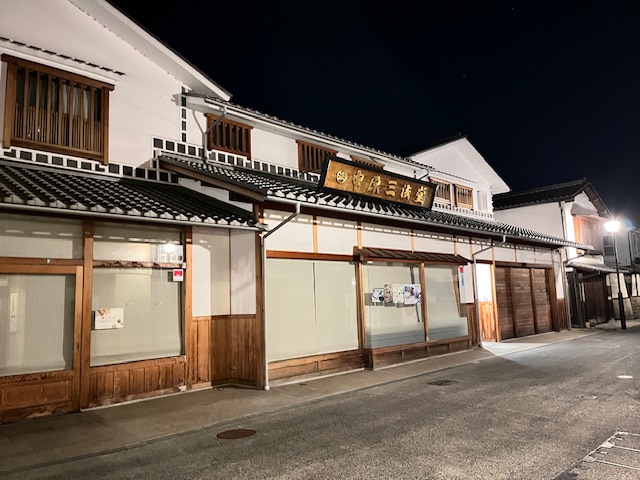
Beyond Trends, Embracing Vernacular Echoes
The world thirsts for diversity, for spaces that sing the unique melodies of their local cultures. At Archiculture Design, we champion architectural journeys that transcend fleeting trends and delve into the rich tapestry of vernacular wisdom. We believe contemporary architecture isn’t about blind imitation, but about a vibrant conversation between the present and the past, between global influences and local echoes.
Why Choose Vernacular Inspiration?
Rooted in Authenticity
Vernacular architecture isn’t a museum exhibit; it’s a living language, shaped by local materials, climate, and traditions. By drawing on this wisdom, we craft spaces that resonate with the soul of a place, offering a richer, more authentic experience.
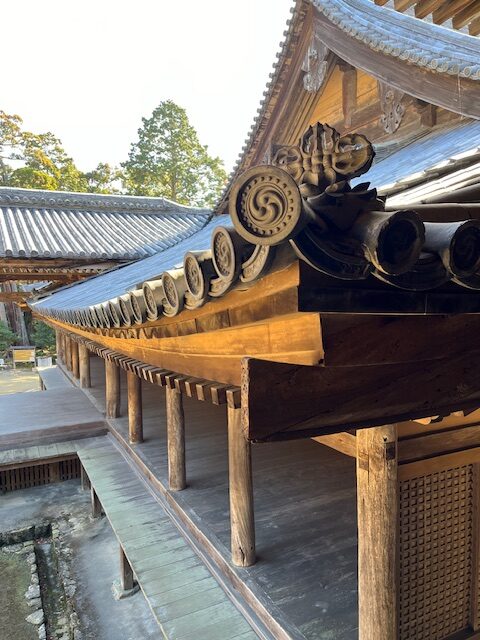
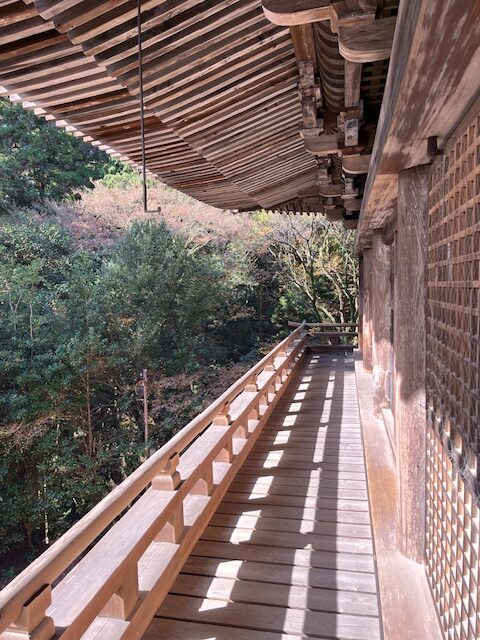
Sustainable Synergy
Vernacular practices often align with eco-conscious principles, utilizing local materials, maximizing passive design, and minimizing environmental impact. We weave these sustainable strategies into our contemporary designs, building homes that harmonize with the land and its traditions.
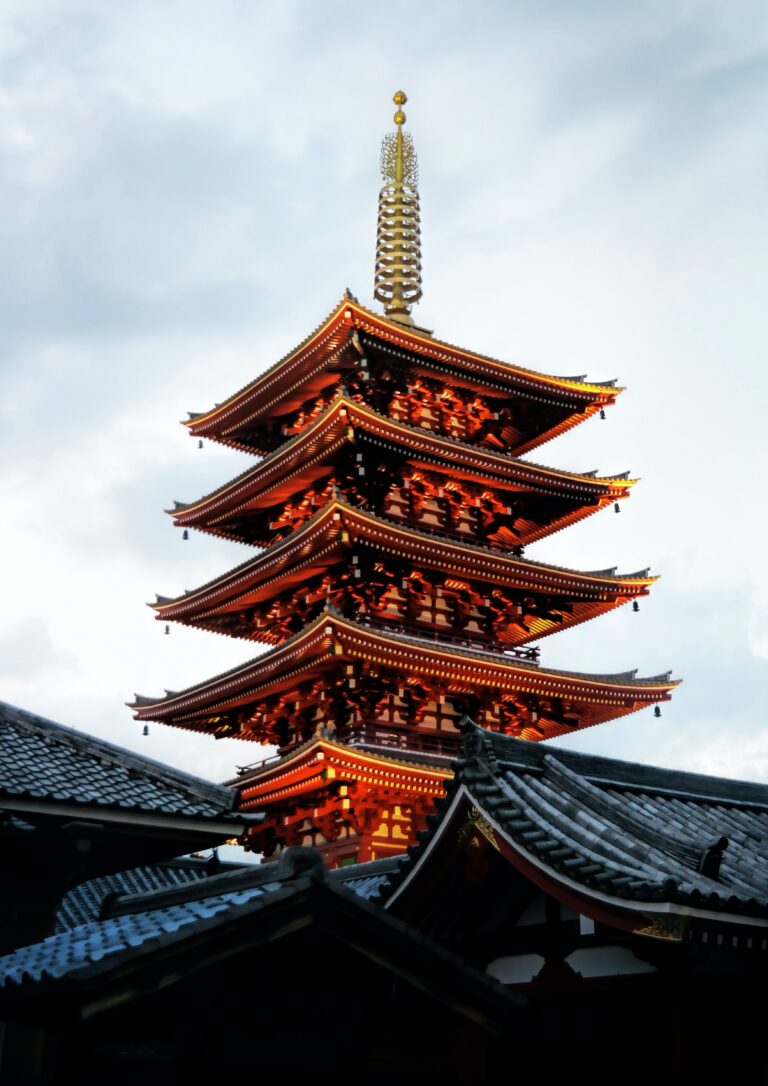
Celebrating Difference
In a world homogenized by global trends, embracing vernacular culture celebrates our unique stories. Each project becomes a vibrant tapestry, where local whispers blend with contemporary threads, creating a world richer in its architectural diversity.
How We Make it Happen

Listening to the Land
We begin by immersing ourselves in the local context, understanding the stories etched in the landscape, the materials offered by nature, and the cultural nuances that shape the built environment.
Reinterpreting Traditions
We don’t simply copy the past; we reinterpret it with a contemporary eye. Traditional building techniques may inspire innovative solutions, local materials may morph into modern expressions, and cultural motifs may dance with cutting-edge design.
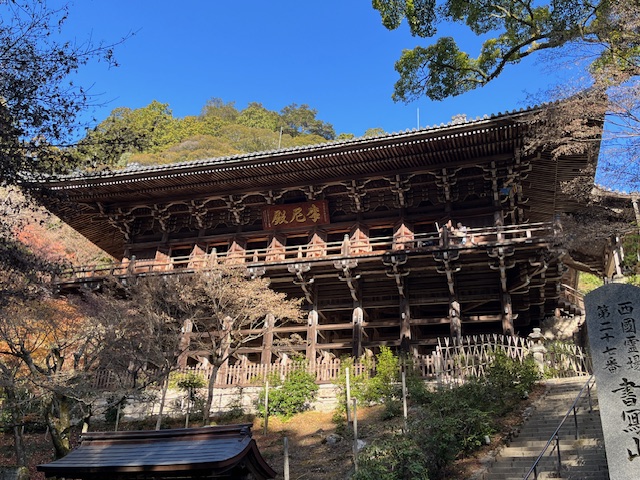
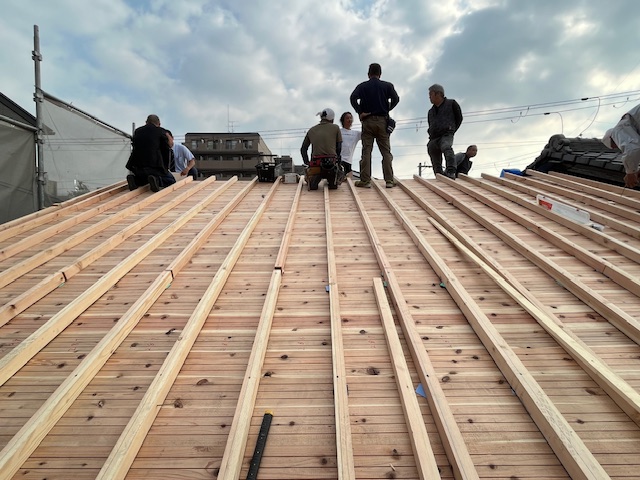
Collaborative Journeys
We believe in an open dialogue, where your vision blends seamlessly with our expertise in vernacular architecture. We guide you through the process, ensuring your final haven reflects both your individual story and the unique song of the place.
Celebrating Architectural Diversity Worldwide
By choosing Archiculture Design, you choose to be part of a global movement celebrating architectural diversity. You become a storyteller, weaving the threads of your story into the fabric of your living space, a space that whispers the spirit of the local culture while embracing the possibilities of the future. Let’s craft a haven that sings your unique melody, adding its vibrant note to the symphony of our diverse world.
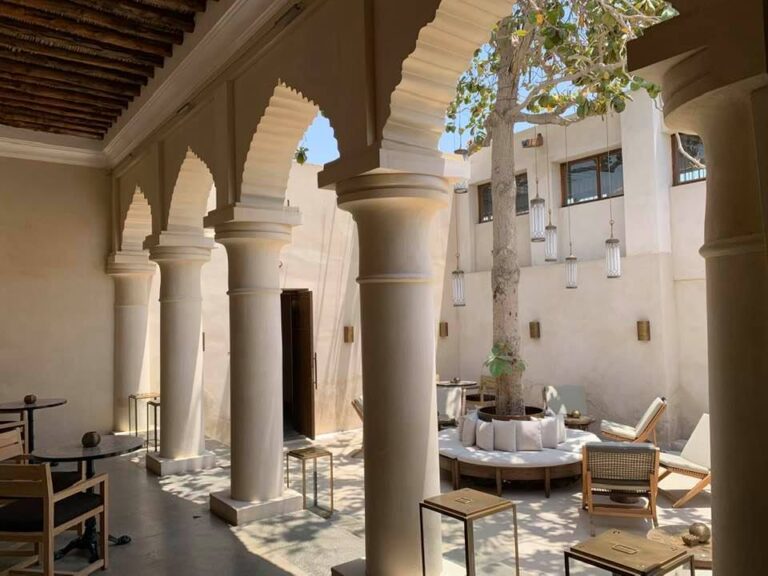
Chedi Al Bait, Sharjah, UAE.
The Chedi Al Bait isn’t just a hotel; it’s a whisper from Sharjah’s soul. Ancient courtyard houses, kissed by desert sun and carved with history, embrace contemporary comfort. Here, tradition dances with modernity, whispering tales of falconry, hammam rituals, and calligraphy’s secrets. Step beyond the intricate portals, and let Sharjah’s vibrant tapestry weave you a haven of authentic experiences, where whispers of past and present harmonize into a timeless melody.
Wanguofudi, Beijing, China
The Wanguofudi craft beer restaurant in Beijing is a stunning example of contemporary architecture that draws inspiration from traditional Chinese culture and Beijing Courtyard House Siheyuan. The design of the restaurant is both modern and traditional, with a focus on natural materials and traditional Chinese elements. The result is a space that is both inviting and evocative, creating a sense of place and history.
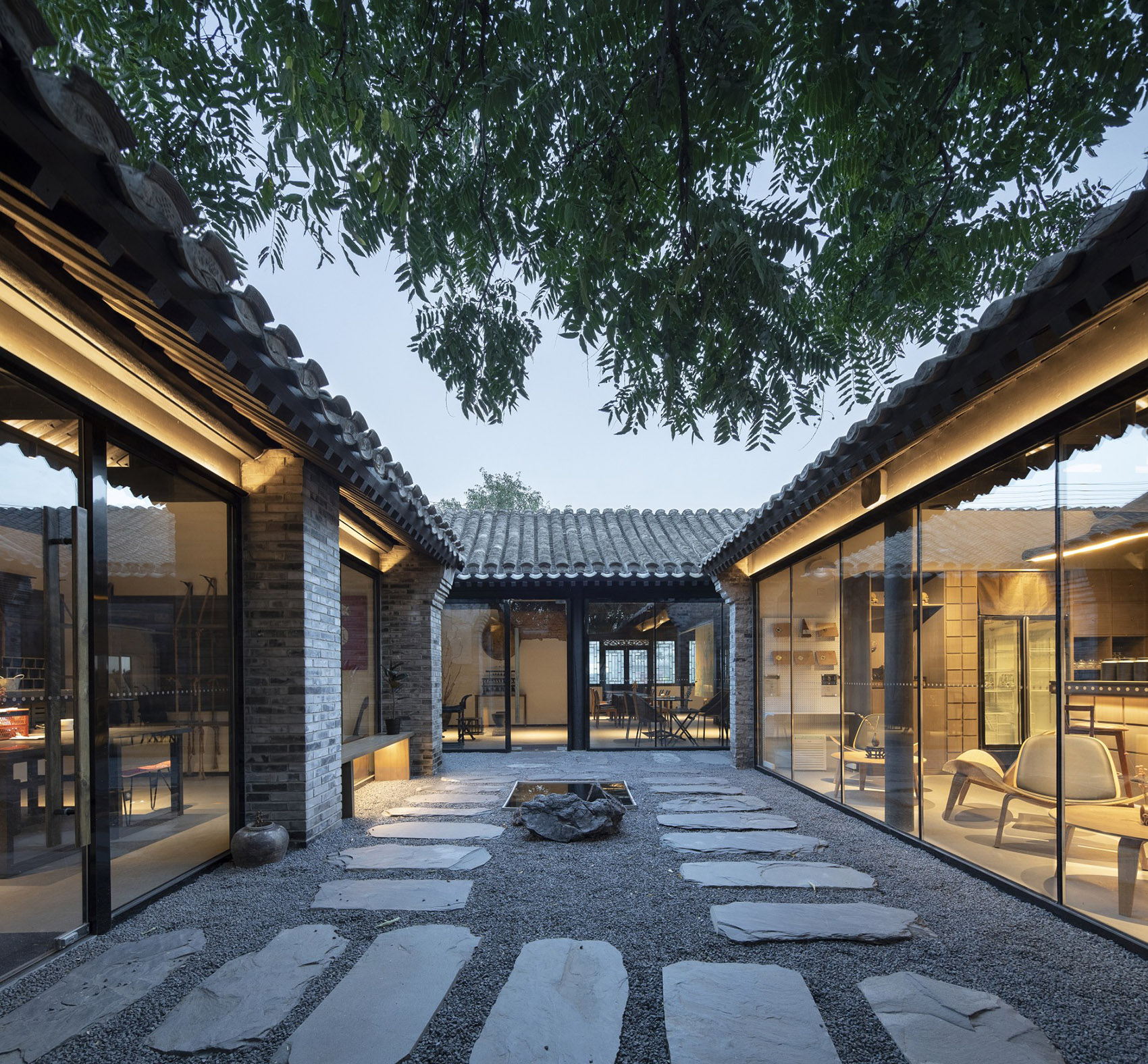
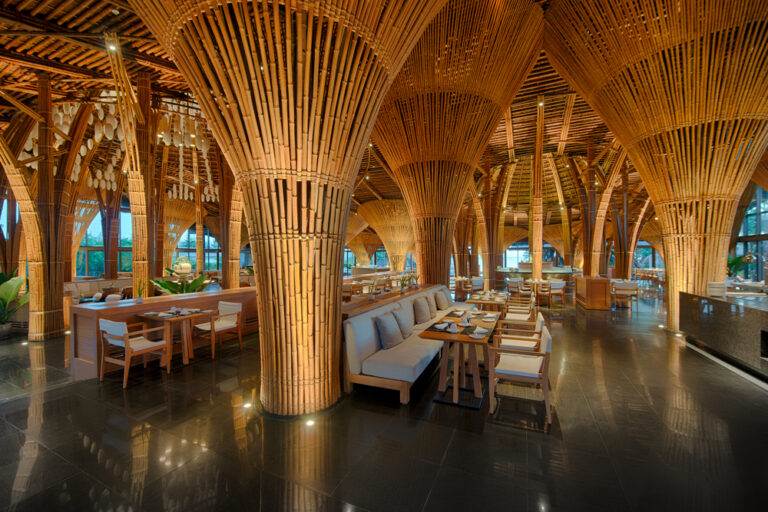
Naman Retreat, Danang, Vietnam
Naman Retreat isn’t just a haven of modern luxury; it’s a living ode to Vietnamese vernacular architecture. Bamboo, a whisper of resilience woven into the landscape, forms the very bones of the resort, echoing the traditional “Nha Rông” houses. Stone paths and open courtyards invite the breeze, whispering stories of harmony with nature, while thatched roofs nod to the wisdom of generations past. Here, modern lines dance with time-honored elements, creating a symphony of comfort and cultural authenticity.


